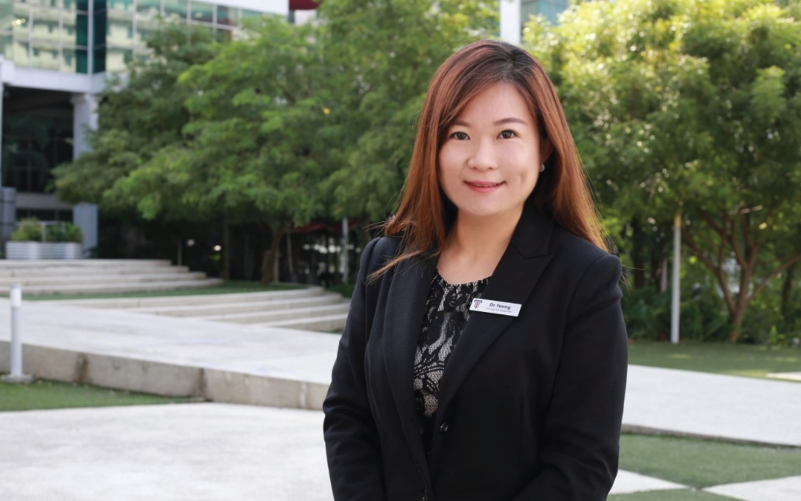According to Dr Yeong, for unresectable tumours or when patients are not fit for surgery, minimally invasive therapies such as hyperthermia therapy are recommended. Current hyperthermia therapy uses either radiofrequency, microwave, laser or extreme cold (cryoablation) energy to induce cells death at the targeted tissues, while minimising damage to the surrounding healthy tissues.
“Today, patients do not require open surgery with this innovative development and the success rate is promising. The development was created to make cancer treatment more affordable, less invasive and safer, hence improving the overall cancer survival rate and quality-of-life of cancer patients in Malaysia,” said Dr Yeong.
This award was established and funded by the International Union of Pure and Applied Physics (IUPAP) and was awarded by the International Organisation for Medical Physics (IOMP), as the IUPAP affiliated International Commission for Medical Physics. IOMP represents over 27,000 medical physicists worldwide and 87 adhering national member organisations along with 2 affiliate organisations.
The award included a cash prize of 1,000 Euro, an IUPAP medal and the IOMP certificate. In addition, a short biography of Dr Yeong will be published in the e-Medical Physics World newsletter issue.
Another significant research by Dr Yeong was the development of a cost-effective and low radiation oral formulation for a whole gastrointestinal tract transit study. Clinical studies are carried out on adults and children as research has shown that the radiation dose is about 100 times lower than Computed Tomography (CT scan). In 2012, her project won the Certificate of Merit awarded by the European Society of Radiology, the second largest radiology society in the world. To date, Dr Yeong is the first and the only Malaysian who has received this prestigious award.
“Over the last 10 years, cancer research has advanced significantly. As my research findings are ready to be applied in the industry, currently, a series of safety procedures and clinical trial phases are being evaluated in Malaysia before they can be implemented widely. Not all of the advancements can be passed on to patients,” added Dr Yeong.
Dr Yeong completed the IAEA Clinical Training of Medical Physicists Specialising in Diagnostic Radiology in 2014 and was awarded the prestigious President’s Award in Research and Innovation by Taylor’s University in 2019. Dr Yeong aims to create an impact and continuity in the research industry, especially under medical physics and cancer research.
